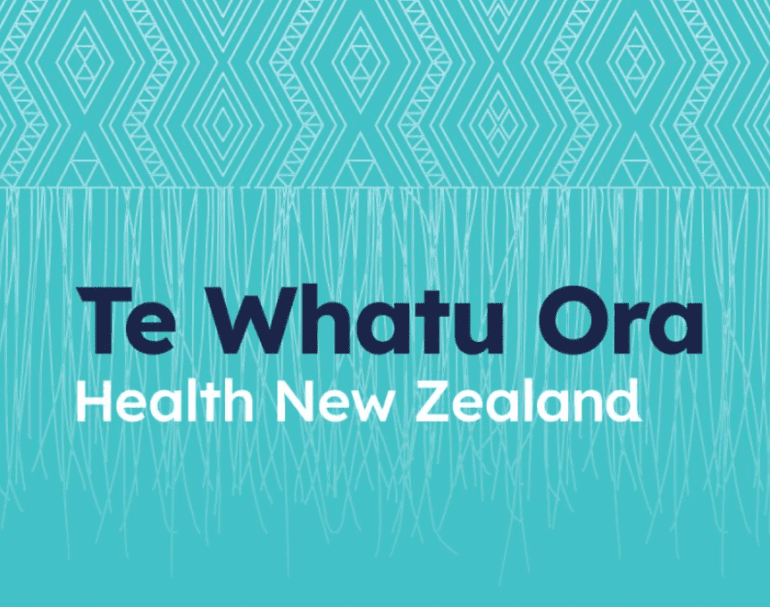TL;DR:
- Te Whatu Ora is initiating AI-assisted clinical coding pilots for hospital admissions.
- The aim is to improve speed and accuracy in healthcare by automating manual clinical coding processes.
- Hospitals in New Zealand are required to report medical data within 21 days, making efficient coding crucial.
- AI offers efficiency gains, accuracy improvements, and resource optimization in clinical coding.
- Faster coding leads to quicker access to medical records, enhancing patient care.
- Te Whatu Ora’s initiative sets a precedent for global healthcare organizations.
- If successful, it could redefine healthcare operations by incorporating AI for efficiency and better patient outcomes.
Main AI News:
In the ever-evolving landscape of healthcare, innovation has become the key to improving patient outcomes and operational efficiency. Te Whatu Ora, a pioneering healthcare organization in New Zealand, is set to embark on a groundbreaking journey to harness the power of Artificial Intelligence (AI) in the realm of clinical coding. This ambitious endeavor aims to revolutionize the way hospitals in the country manage and report medical data while ensuring the highest standards of care.
Te Whatu Ora’s AI-Assisted Clinical Coding Pilots
Te Whatu Ora has taken the bold step of seeking suppliers to join its AI-assisted clinical coding pilots for hospital admissions. The primary goal of these pilots is to assess the potential of AI techniques in enhancing the speed and accuracy of delivering healthcare services. At the heart of this initiative lies the transformation of clinical coding, a process that has traditionally been labor-intensive and prone to errors.
Addressing the Challenge: Manual Clinical Coding
Clinical coding is the systematic transformation of complex medical diagnoses, injuries, external causes of injuries, and procedures into standardized codes. These codes are essential for reporting to the National Minimum Dataset, a crucial requirement for hospitals in New Zealand. Traditionally, this process has relied heavily on manual labor, consuming valuable time and resources. The existing 21-day window for reporting to the National Minimum Dataset has posed significant challenges for healthcare providers.
The Promise of AI: Speed and Accuracy
The central question that Te Whatu Ora’s pilot programs aim to answer is whether AI can be a game-changer in clinical coding. By leveraging the capabilities of AI, hospitals can potentially streamline and expedite the coding process. The advantages are manifold:
- Efficiency: AI-powered algorithms can process vast amounts of medical data in a fraction of the time it would take a human coder. This translates to quicker turnaround times for coding, which in turn accelerates reporting to the National Minimum Dataset.
- Accuracy: Human coders, while skilled, can make errors due to the complexity and volume of medical data. AI, on the other hand, offers the promise of near-perfect accuracy, reducing the chances of costly mistakes.
- Resource Optimization: With AI handling routine coding tasks, healthcare professionals can redirect their efforts towards more complex and value-added activities, thereby improving overall productivity.
Elevating Patient Care through AI
The significance of Te Whatu Ora’s AI-assisted clinical coding pilots extends far beyond the operational sphere. Ultimately, the real beneficiaries are the patients. By expediting the coding process, hospitals can allocate more time and resources to patient care. Quicker access to accurate medical records can result in faster and more informed decision-making by healthcare providers, leading to improved patient outcomes.
A Step Toward the Future of Healthcare
Te Whatu Ora’s bold foray into AI-assisted clinical coding marks a significant step toward the future of healthcare in New Zealand. It highlights the organization’s commitment to harnessing technology to enhance both operational efficiency and patient care.
As these AI pilots unfold, the healthcare community in New Zealand and beyond will be watching closely. If successful, this initiative could serve as a blueprint for healthcare organizations worldwide looking to leverage AI to transform their operations, improve accuracy, and, most importantly, elevate the quality of care provided to their patients.
Conclusion:
Te Whatu Ora’s exploration of AI for clinical coding promises to be a game-changer in the healthcare industry. By embracing innovation, healthcare providers can ensure that they not only meet regulatory requirements but also excel in delivering the highest standards of care to their patients. As the pilots progress, the future of healthcare in New Zealand looks brighter than ever, with AI leading the way toward a more efficient and patient-centric healthcare system.

